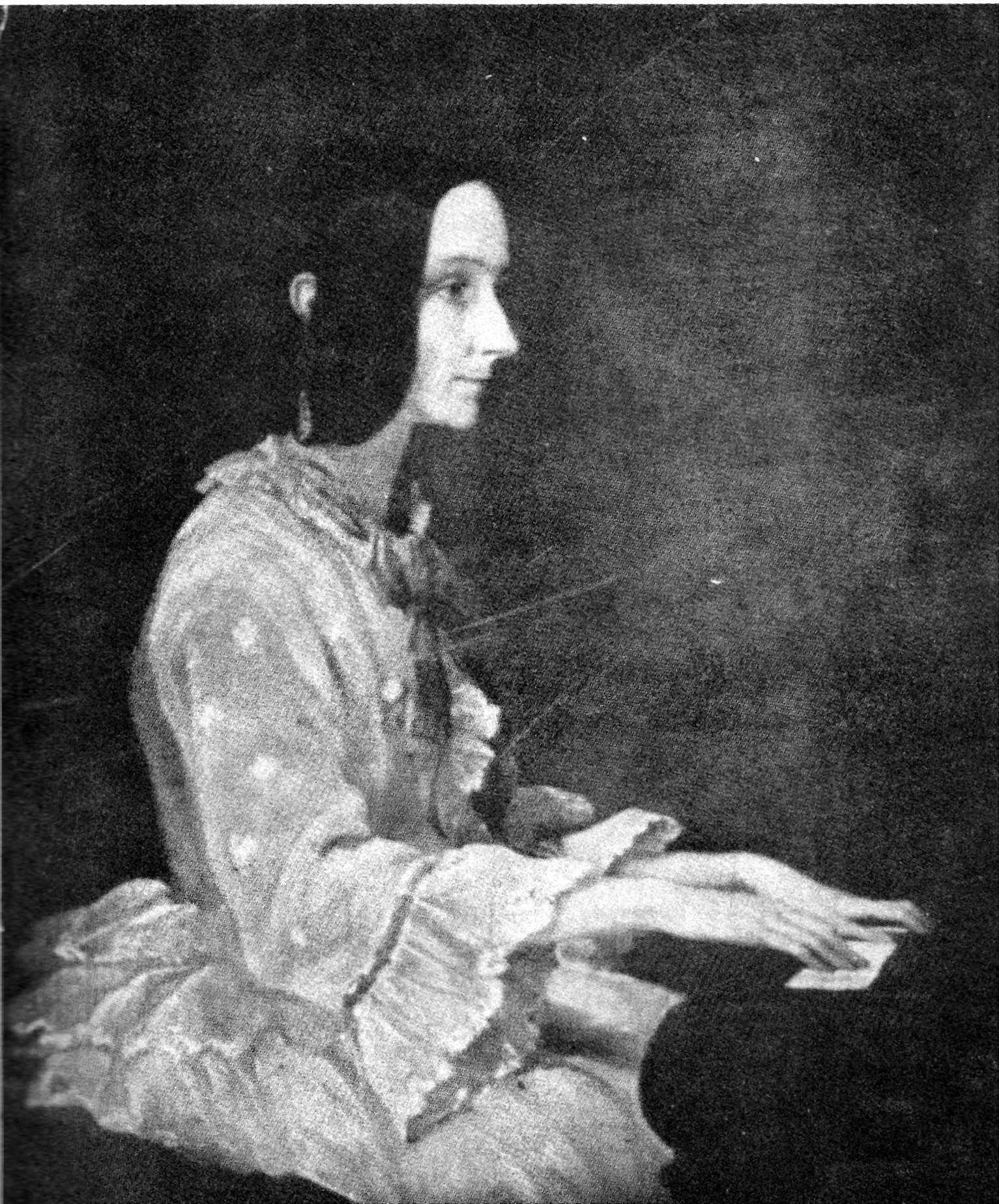Celebrating Ada Lovelace Day: Honouring Women in STEM

1st October 2023
October 10th marks a special day in the calendar – Ada Lovelace Day. Named after Ada Lovelace, the world’s first computer programmer, this day is dedicated to celebrating the achievements and contributions of women in science, technology, engineering, and mathematics (STEM). In this blog, we’ll delve into the significance of Ada Lovelace Day and the incredible impact of women in STEM fields.
Ada Lovelace: The Trailblazer
Before we dive into the broader celebration of women in STEM, let’s take a moment to remember Ada Lovelace’s remarkable story. Born in 1815, Ada Lovelace was a mathematician and writer who collaborated with Charles Babbage, the inventor of the first mechanical computer known as the Analytical Engine.
Ada Lovelace is best known for her pioneering work on the Analytical Engine, during which she wrote detailed notes and annotations that went beyond mere translation and actually included algorithms that could be processed by the machine. These notes are considered the world’s first computer programs, making Ada Lovelace the world’s first computer programmer.
Her visionary insights and contributions to computer science laid the foundation for the digital age we live in today. Ada Lovelace Day serves as a tribute to her groundbreaking work and the countless women who have followed in her footsteps.
Why Ada Lovelace Day Matters
Ada Lovelace Day is about more than just honouring one individual; it’s about recognising and celebrating the immense talent and potential of women in STEM fields. Here’s why this day holds such significance:
1. Inspiration for Future Generations
By shining a spotlight on the accomplishments of women in STEM, Ada Lovelace Day serves as an inspiration for young girls and women considering careers in science and technology. It shows them that they, too, can excel in these fields and make meaningful contributions.
2. Breaking Stereotypes
Gender stereotypes have historically discouraged women from pursuing STEM careers. Ada Lovelace Day challenges these stereotypes by showcasing women who have defied societal expectations and excelled in STEM disciplines.
3. Highlighting Diverse Achievements
Women in STEM have made groundbreaking contributions in various fields, from astrophysics and computer science to biology and engineering. Ada Lovelace Day provides a platform to acknowledge and celebrate this diverse range of achievements.
4. Encouraging Inclusivity
By recognising women in STEM, we promote inclusivity and diversity in these fields. This diversity is essential for driving innovation and solving complex global challenges.
5. Building Support Networks
Ada Lovelace Day fosters a sense of community among women in STEM. It encourages networking, mentorship, and the sharing of experiences, ultimately strengthening the support system for women pursuing STEM careers.
Celebrating Women in STEM
As we celebrate Ada Lovelace Day, let’s take a moment to acknowledge some of the remarkable women who have made significant contributions to STEM fields:
1. Marie Curie (1867-1934)
Marie Curie was a pioneering physicist and chemist who conducted groundbreaking research on radioactivity. She was the first woman to win a Nobel Prize and remains the only person to have won Nobel Prizes in two different scientific fields (physics and chemistry).
2. Rosalind Franklin (1920-1958)
Rosalind Franklin was a chemist whose work was crucial in understanding the molecular structure of DNA. Her X-ray diffraction images were instrumental in the discovery of the DNA double helix, although she did not receive the credit she deserved during her lifetime.
3. Grace Hopper (1906-1992)
Grace Hopper was a computer scientist and United States Navy rear admiral. She was a pioneer in computer programming and is credited with developing COBOL, one of the earliest high-level programming languages.
4. Mae Jemison (born 1956)
Mae Jemison is an astronaut, physician, and engineer. In 1992, she became the first African American woman to travel in space. She has also been a vocal advocate for STEM education and diversity in the field.
5. Jane Goodall (born 1934)
Jane Goodall is a renowned primatologist and conservationist known for her groundbreaking work with chimpanzees in Tanzania. Her research has transformed our understanding of animal behaviour and the importance of conservation.
6. Katherine Johnson (1918-2020)
Katherine Johnson was a mathematician whose calculations were critical to NASA’s early space missions. Her work, along with that of other “Hidden Figures,” helped ensure the success of space exploration.
7. Shirley Ann Jackson (born 1946)
Shirley Ann Jackson is a physicist and the first African American woman to earn a Ph.D. from the Massachusetts Institute of Technology (MIT). She has made significant contributions to the field of theoretical physics and has held leadership positions in academia and government.
Moving Forward
While Ada Lovelace Day provides a platform to celebrate women in STEM, it’s essential to remember that gender equality in these fields is an ongoing journey. There is still work to be done to ensure that women have equal opportunities and representation in STEM careers.
As we commemorate Ada Lovelace Day, let’s also commit to fostering an environment of inclusivity and support for women in STEM. Encouraging young girls to pursue their interests in science and technology, promoting diversity in STEM workplaces, and recognising the achievements of women in these fields are steps toward a more equitable future.
In the spirit of Ada Lovelace’s pioneering legacy, let us continue to push the boundaries of knowledge and innovation, collectively celebrating and advancing the contributions of women in STEM for generations to come.